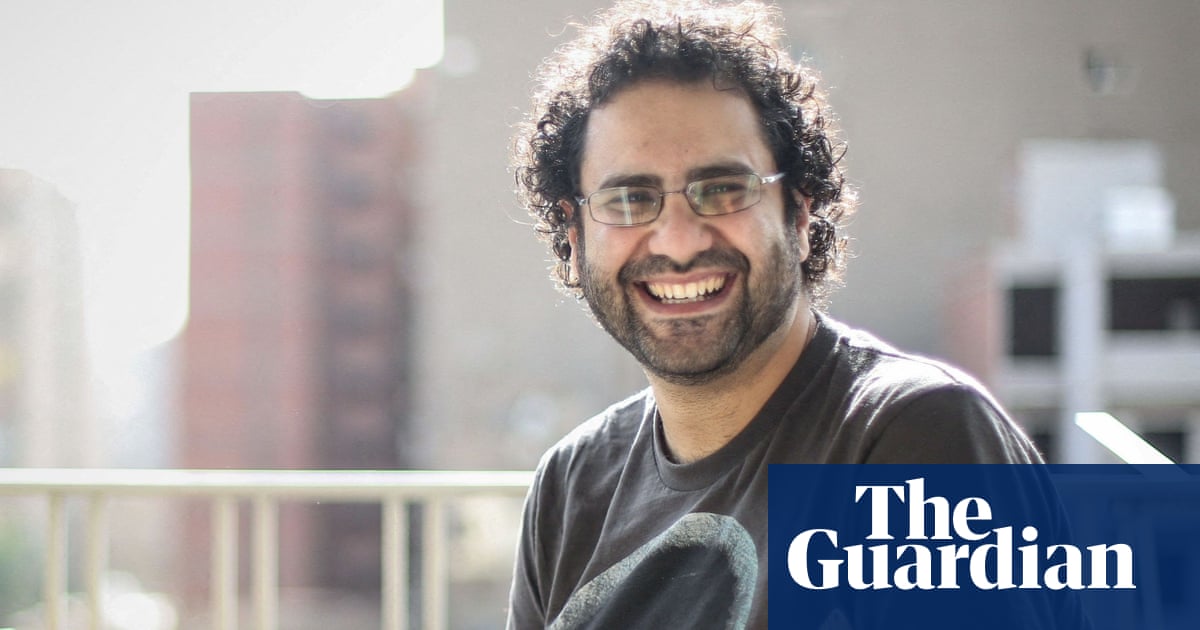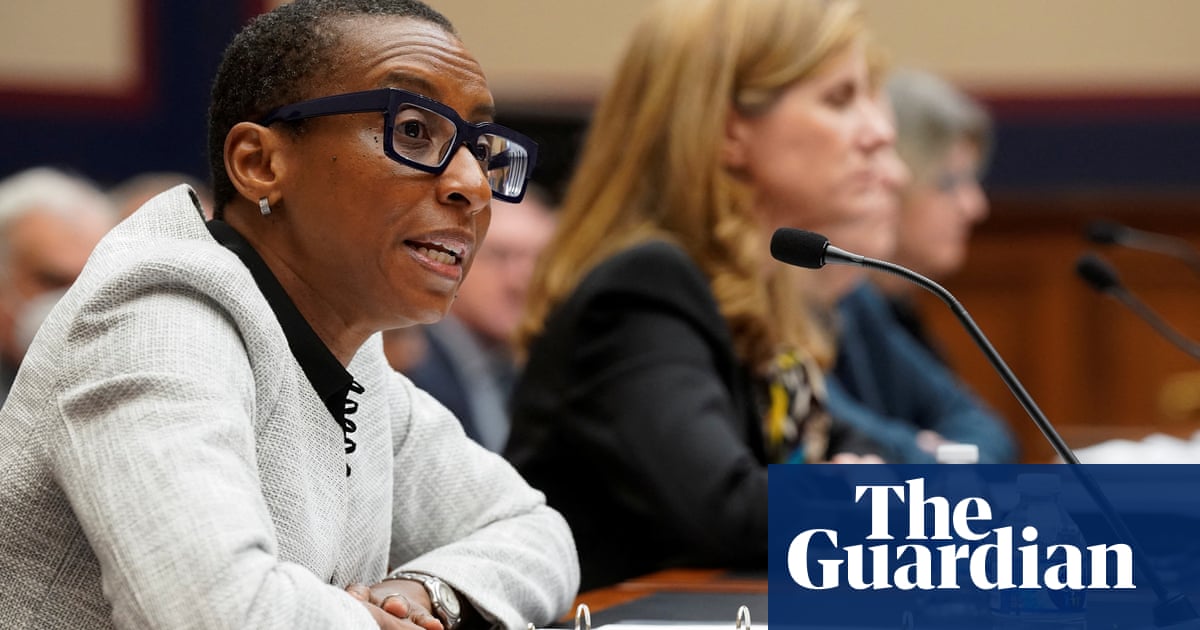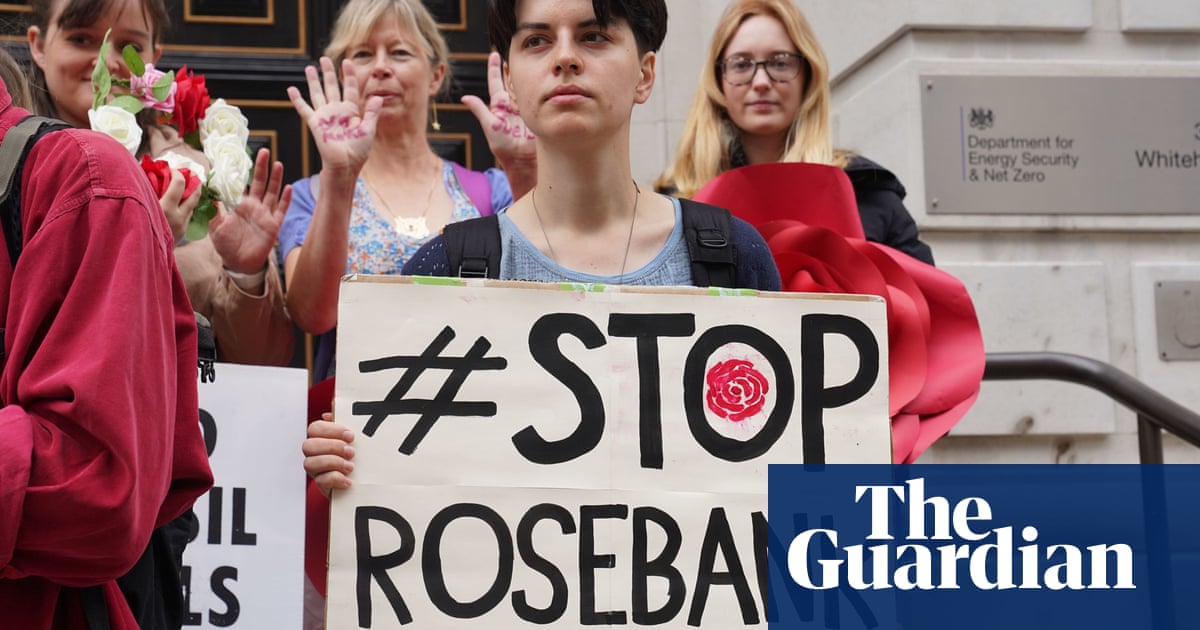
The leading research universities in the UK have urged the government to be “proportionate” in its planned legislation to promote free speech on campus, arguing that existing laws and regulations are sufficient to protect academic freedom.
In an intensification of ministers’ culture war agenda, the Queen’s speech to parliament on 11 May will contain measures on the campus free speech, potentially including the creation of a “free speech champion” for England, extending legal requirements on free speech to student unions, and allowing speakers who are “no platformed” to sue for compensation.
But the 24 members of the Russell Group are concerned that the measures will add an unnecessary layer of bureaucracy on top of existing freedom of expression legislation and requirements under the Prevent anti-radicalisation programme, as well as employment and contract laws protecting staff.
In a “statement of principles,” the group said its members were already working to uphold free speech and academic freedom as “a responsibility our universities take extremely seriously”.
“Russell Group universities work closely with staff, students’ unions and other organisations to defend and maintain freedom of expression on campus. Speaker events addressing diverse views on complex issues go ahead every week at universities across the UK,” the group said.
Tim Bradshaw, the Russell Group’s chief executive, said: “Our universities will always champion the importance of free speech, uphold the legal protections already in place and, if government feels it is necessary to enhance protections further, we will work with them to find proportionate solutions.
“This statement underlines our determination to ensure campuses remain places where students and staff are exposed to a diversity of ideas and views. We hope the government recognise that and works with us so any new measures reflect the work already being done.”
Despite a small number of high profile “no platforming” cases – such as the former Conservative minister Amber Rudd being cancelled as a speaker by a student group in Oxford – the number of such cases remains low. A survey last year found just six of more than 10,000 events planned at 61 students’ unions were cancelled, with four of the six cancellations being the result of administrative failures.
The statement follows City, University of London’s announcement on Wednesday that it is renaming its business school after the celebrated 18th century mathematician Thomas Bayes, as part of a drive to improve its record on diversity.
The business school had be named after John Cass, a prominent figure during the early years of the Atlantic slave trade, until the university ditched the reference to him last July following pressure from thousands of students and staff.
City, University of London also announced 10 full undergraduate scholarships with a £6,000 annual stipend for black students based in the UK, and funding for five doctorate scholarships for black British students.
Gavin Williamson, the education secretary for England, said he welcomed the Russell Group’s statement of principles “as a positive step in the right direction”.
“All universities and colleges should think hard about their own policies, and what they can do to further protect freedom of speech and academic freedom on campus,” Williamson said.
Alison Scott-Baumann, a professor of society and belief at Soas, said the universities were right to say that they already encouraged debate on difficult and complex issues.
“However the situation becomes muddled by frequent and unjustified moral panic attacks in the media and in government: there is a risk that the public debate on free speech will choke free speech,” she added.
“Universities must be much more assertive to ensure freedom of expression and should conduct open debate about this public moral panic.”












